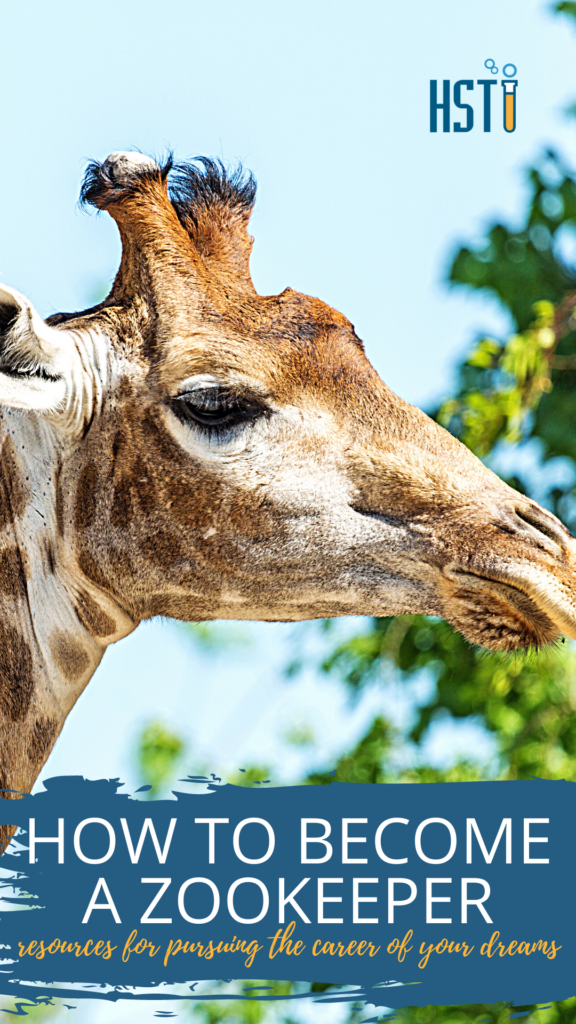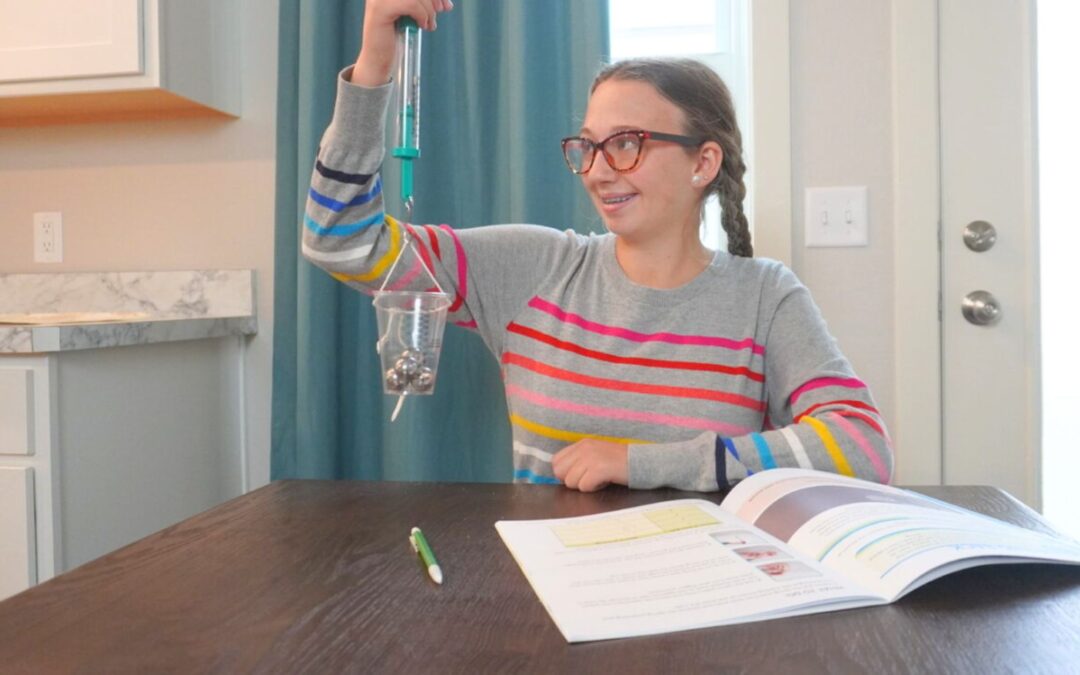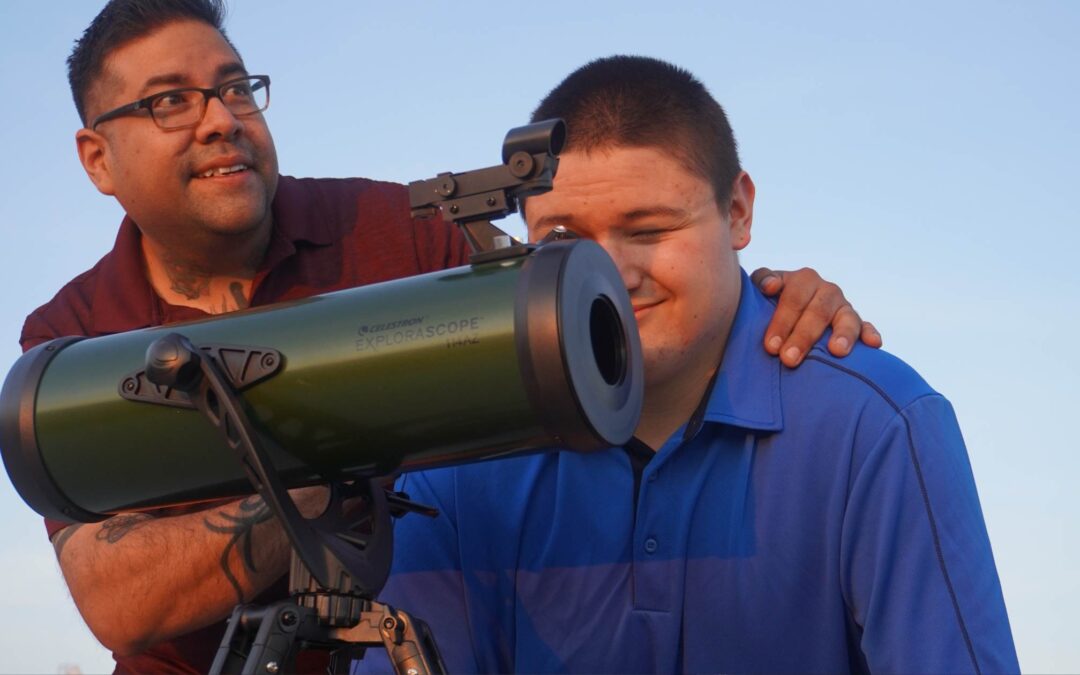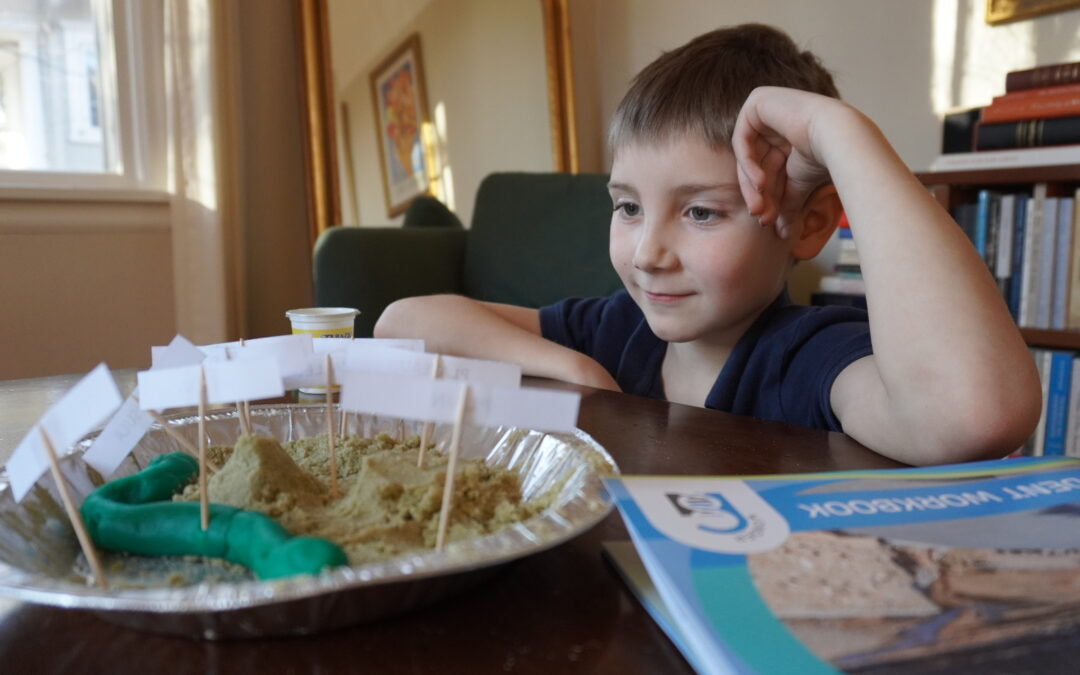Do you have a deep love for animals, a deep concern for the care of animals? Maybe you are considering a career as a zookeeper. This article will provide information about the requirements to become a zookeeper, what the job entails, and the steps you can take to achieve this career path.
What Does a Zookeeper Do?
Zoologists study animals and other wildlife and how they interact within their ecosystems. A zoologist studies the physical characteristics of animals, animal behaviors, and the impacts humans have on wildlife and natural habitats.
Should I Explore Zookeeping As A Career Option?
Maybe you are naturally inclined towards zoo animals. Or maybe you’re just naturally good at working with animals. Either of these is traits you want when perusing a path to become a zookeeper. With a natural inclination towards animals (or just good skills), you will have a decent chance of gaining your footing when you begin your path as a zookeeper.
Here are some things that would be helpful to have under your toolbelt of interests and skills that would be helpful in pursuing a career as a zookeeper:
- Animals are a passion of yours.
- You always loved going to the zoo.
- You love watching wildlife documentaries.
- Animal trivia is your jam.
- You enjoy watching YouTube videos from aquariums or zoos.
Do any of these (the more the better!) resonate with you? If so, a career as a zookeeper may be the right path for you! The sooner you start to explore the ins and outs of a career, the more prepared you will be to make the right decisions that lead you on the path you want.
Check out this video on 10 things you need to be a zookeeper.
What is the Difference Between a Zookeeper and a Zoologist?
Most zoologists and wildlife biologists work full time. They may work long or irregular hours, especially when doing fieldwork. Zoologists and wildlife biologists who work with nocturnal animals may need to work at night at least some of the time.
A Day in the Life of a Zookeeper
Most zoologists and wildlife biologists work full time. They may work long or irregular hours, especially when doing fieldwork. Zoologists who work with nocturnal animals may need to work at night at least some of the time. There are lots of careers that allow you to work with animals and one of those is that of a zookeeper. A zookeeper is an animal caretaker that works in a zoo. If you’re wondering how that compares to a zoologist, a zoologist is someone who observes animals in their natural habitat. And many zoologists become zookeepers too.
Here are a few things you can expect to do in your day-to-day life as a zookeeper:
- Preparing meals and keeping a feeding schedule.
- Working alongside veterinarians to provide and administer health care.
- Building trust with the animals.
- Training animals and getting into a routine.
- Rehabilitating animals that are temporarily in your care to re-enter into the wild.
- Working with a network of scientists and contributing to research that benefits animals and humans alike.
- Cleaning kennels.
- Observing and recording animal behaviors.
- Working with teams around the clock to support animal care.
- Develop and conduct experimental studies with animals in controlled or natural surroundings
- Collect biological data and specimens for analysis
- Study the characteristics of animals, such as their interactions with other species, reproduction, population dynamics, diseases, and movement patterns
- Analyze the influence that human activity has on wildlife and their natural habitats
- Research, initiate, and maintain ways of improving breeding programs that support healthy game animals, endangered species, or other wild populations of land or aquatic life
- Estimate, monitor, and manage wildlife populations and invasive plants and exotic animals
- Develop and implement programs to reduce risk to human activities from wildlife and invasive species, such as keeping wildlife from impacting airport operations or livestock and crop production
- Write research papers, reports, and scholarly articles that explain their findings
- Give presentations on research findings to academics and the general public
- Develop conservation plans and make recommendations on wildlife conservation and management issues to policymakers and the general public
Zookeeping offers a lot of unique opportunities within it. Including the opportunity to work with many different types of animals: fish, birds, reptiles, amphibians, mammals, and more!
The level of expertise you want to have in a type of animal or a specific animal is up to you.
You could spend your whole life learning about or caring for just one type of animal! And who knows – you may be THE expert on that animal and end up helping consult for a movie or wildlife documentary.
Here’s a great video on the day in the life of a zookeeper.
Job Requirements Of A Zookeeper
Zookeeping comes with lots of perks, however, there are also non-exciting parts to the job. Be sure to take the time to weigh the pros and cons before diving into this field. Let’s take a look at what the job requirements are to become a zookeeper.
Education:
- Zoologists and wildlife biologists typically need at least a bachelor’s degree. Many schools offer bachelor’s degree programs in zoology and wildlife biology or in a closely related field, such as ecology. An associate degree in biology with coursework in zoology and wildlife biology also is good preparation for a career as a zoologist or wildlife biologist.
Zoologists and wildlife biologists typically need at least a master’s degree for higher level investigative or scientific work. A Ph.D. is necessary for the majority of independent research positions and for university research positions. Most Ph.D.-level researchers need to be familiar with computer programming and statistical software. (source)
Physical Aspects Of The Job:
- You will spend a lot of time outdoors.
- Be prepared to work in various kinds of weather and being okay with getting a little dirty on the job.
- Depending on the animal, there can be a lot of heavy lifting.
- You may be required to do some desk work to input some information or plan for things.
- You may be on your feet and walking a lot.
- Safety is important.
How a High School Student Can Prepare for a Career as a Zookeeper?
If your child has the aspiration of achieving one of many zookeeper jobs available today, there are things they may do to
- Volunteer at a wildlife rehabilitation facility.
- Volunteer at an animal shelter.
- Dual enroll in a local community college and take a class such as animal biology.
Want To Learn More?
This article serves as a good starting point to gauge your interest and possible commitment to working as a zookeeper. If you are ready to dig in more, here are some suggestions to do that:
- Research blogs and youtube.
- Visit a local zoos and try to picture what it’s like working there.Ask for an informational interview with a zookeeper.
- Find movies or documentaries about zookeepers..
- Make a pros and cons list to determine if it’s the right fit for you.
- Check out course requirements for required degrees to see if you have any concerns.
- Work with a career counselor.
BONUS:
Here are some careers that are similar to that of being a zookeeper. You may want to dig into these too!
- Zoologist
- Wildlife Biologist
- Veterinarian – Domestic
- Veterinarian – Wildlife
- Farmer
- Pet Trainer
- Pet Groomer
If you follow your passion, there are many exciting opportunities that can be available in the future.






